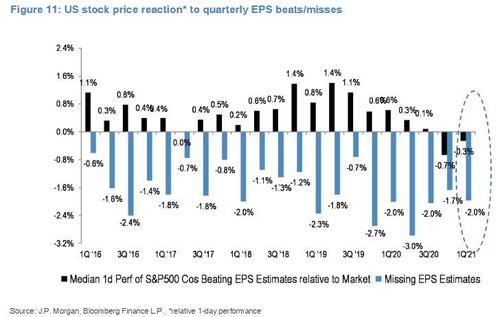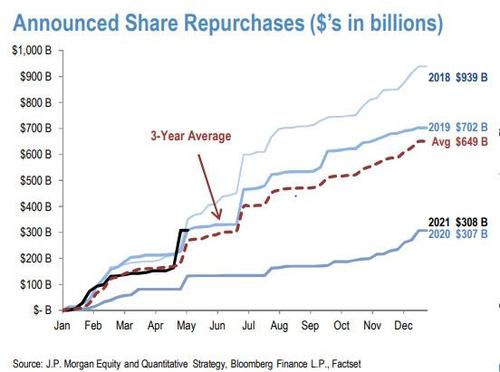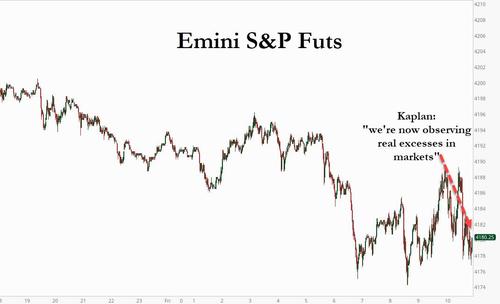
The Drowning. Available Thursday, May 6, on Sundance Now and Acorn TV.
The Drowning opens with a quick series of scenes from a multi-generational family picnic at the lake, a sunny collage that quickly turns dark, and not from the weather. Four-year-old Tom is playing with a boat in the water, and then—after a series of artily discordant shots that show little but imply much—he’s not. The lake waters have seemingly claimed the boy, and, in a way, his family, too.
This spellbinding new series that aired on British television this spring and is now available from the streaming services Acorn TV and Sundance Now has plenty of victims, drowning not only in water but grief and guilt, too.
But—could it all be needless? Almost exactly a decade later, Tom’s mother Jodie sees a teenager walking along a downtown street with a stunning resemblance to her son, right down to the little half-moon scar underneath an eye. Trailing him first to his school and then his home, Jodie is increasingly certain that she’s found Tom. Is this a simple case of mistaken identity? Or something far more sinister?
Jodie (played by Jill Halfpenny, like most of the cast a Brit TV veteran little-known to American audiences) is the axis upon which The Drowning spins. Certain she’s found her son, who she’s always regarded as missing and not dead—his body was never found—she gets no sympathy from either police or her family. The reticence of the cops is perhaps understandable; she’s got little evidence beyond a mother’s conviction of physical likeness. And a none-too-stable mother at that: Besieged by bill collectors, her landscaping business swirling the drain, Jodie is visibly crumbling under the pressure.
But her family’s reluctance to get involved smacks more of inertia, a sense that Jodie’s quixotic quest will only destroy the fragile peace they’ve made with Tom’s death. “I don’t think I could go through it again,” confesses her ex-husband who, after the boy’s drowning, left Jodie for her best friend.
Infuriated but undeterred, Jodie declares herself a one-woman truth squad. Using forged credentials, she gets herself hired as music teacher at the look-alike boy’s school, then even wangles her way into a gig as his guitar tutor. Her seemingly casual conversations with Mark (a stony-faced Rupert Penry-Jones), the kid’s purported single dad, arouse suspicions; he’s oddly reluctant to share recollections of the boy’s early childhood.
But there’s also something unsettling about the ease with which Jodie sheds her identity as a hedge-clipper and pot-waterer to turn undercover operative. And her tactics—buying faked documents with embezzled money—set off a tumbling line of criminal dominoes that seem likely to crush everyone around her even if she’s right about the boy’s identity.
The Drowning may sound like a been-there-done-that detective yarn of no particular distinction. But, tightly shot and edited, it’s a marvel of efficient story-telling. And Halfpenny gives an absolutely riveting performance, adroitly peeling away the skins of lives unknown as she pursues her phantom (or not) child. Her glare could freeze a mouse in the middle of the Sahara; her smile, light a ballroom. She gives Jodie a laser intensity that defies restraint, even when it’s warranted. At a memorial service for her father, whose weakened heart did not survive Tom’s death, one of his golfing buddies is asked if he ever cheated. “Only when you took your eyes off him,” the man replies. Like father, like daughter.
from Latest – Reason.com https://ift.tt/3e5ZCNP
via IFTTT








